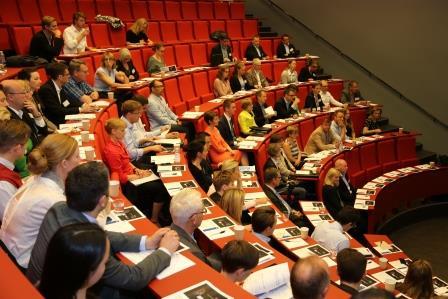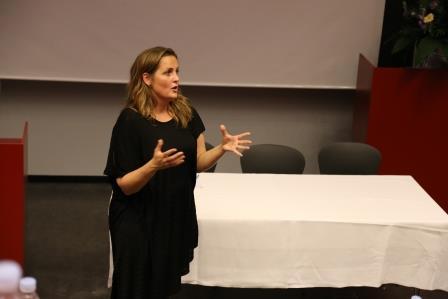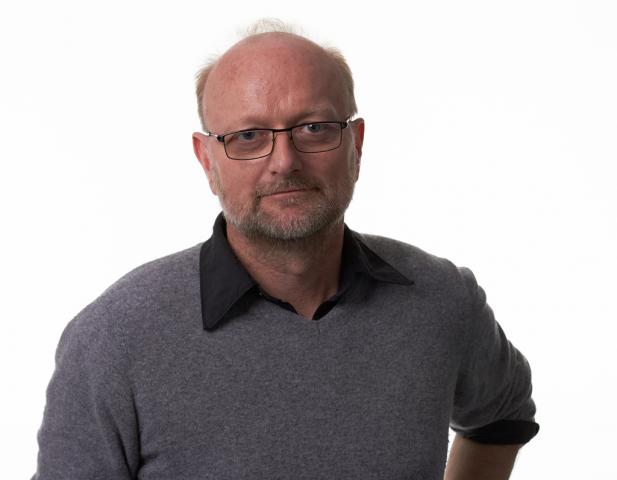Avoiding Corruption – Mission Impossible or Worthwhile Giving it a Chance? Conference on Corruption and its Pubic Enemies

On 30 and 31 May 2013 the CBS Public-Private Platform and the Department of Intercultural Communication and Management (ICM) organized a two-day conference exploring the role of the private sector in the fight against corruption. The first conference day was a joint venture between CBS, Transparency International and Danish Industry. It gathered around 100 representatives from the Danish companies, NGOs and government to discuss the dangers of corruption on global markets.
In the context of innumerable scandals and increasing legal requirements companies have begun to realize the necessity of engaging with the risks of corruption, but the question is how. At the conference companies had the opportunity to exchange experiences about the strengths and weaknesses of the tools that can be deployed, in a dialogue with experts: compliance programs, whistle-blowing systems, risk assessments, collective action by businesses, and wider public-private cooperation on the matter. The first day closed with a keynote presentation by Minister for Trade and Investment Pia Olsen Dyhr.

The second day brought together a group of international scholars doing research on corruption and corruption control practices, including the role of companies in these. In current debates, the private sector is increasingly represented as both a perpetrator of corruption and a key actor in the fight against it. The question is whether this dilemma can be resolved in highly globalized political economy. The scholars explored the very premises of the contemporary aspiration of corruption control and focused on some of the intersections of corruption control with other recent developments. These include the emerging anti-money laundering regime, the proliferation of risk and surveillance practices within and around organizations, the use of social media in corruption and corruption control, the connection between anti-corruption and the CSR agenda, and the wider political struggles relating to the mobilization of the anti-corruption in different societal contexts.
The conference opened up for exciting new areas to research at the interface between practitioners and researchers, and for more details please contact the responsible organizer, MSO Professor at ICM, Hans Krause Hansen.
